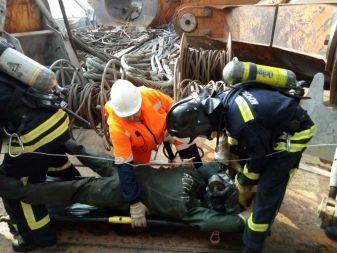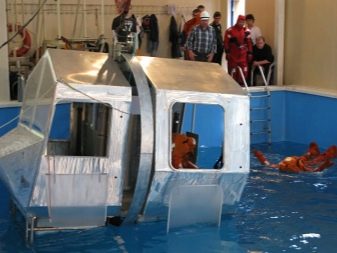Dozens — sometimes hundreds — of people work on sea and river vessels. It is necessary to clearly understand the features of each specialization and its subtlety. In particular, you need to understand who a ship electrician is and what he does.
Features
It’s worth saying right away that the work of an electrician on a ship is very intense in nature. The number of electronic and electrical systems is very large, and without a diesel generator the normal life of the crew and the implementation of transportation is impossible. Depending on the displacement and the number of crew, a ship electrician either works with one partner, or acts as part of a team led by a master electrician.
In any case, one has to thoroughly study the state of infrastructure and other systems. Departing to the sea are on flights for weeks, and sometimes months.
On rivers and lakes, everything is somewhat better, but even there, hiking for 2-3 weeks is not so rare. Therefore, only those who can endure such forced insulation can be marine electricians; you can get a job without experience only until 27–28 years as a student (cadet, as they say in the Navy). According to statistics from job sites, the average salary of such a specialist in Russia is 41,800 rubles. In inland waters, the peak was recorded in the Irkutsk region, where it is 39,800 rubles. 35 thousand rubles and more are received in the Primorsky, Khabarovsk and Kamchatka territories, as well as in the Arkhangelsk region.

Responsibilities
The main job functions of a marine electrician include:
obtaining information about the status of systems (upon entry into the post);
checking the normal operation of electrical infrastructure and automation;
timely notification of management about all detected problems that cannot be fixed on their own;
de-energizing mechanisms in the event of any danger;
disassembling parts and components of marine electrical equipment;
adjustment and technical testing of entrusted equipment;
technical maintenance and short-term equipment repair.
Also, an electrician on a ship must, by profession, perform the plumbing work necessary for the normal maintenance of electrical systems. He also:
passes established briefings on labor protection;
does not leave his workplace unless absolutely necessary;
controls the serviceability of the tool and equipment used;
applies appropriate personal protective equipment;
registers all its activities and the actual operation of electrical systems in logbooks;
carries out a shift according to the general schedule on an equal basis with other crew members;
complies with labor protection requirements, industrial, electrical, fire safety;
complies with other safety requirements, taking into account the nature of the cargo, the current situation.
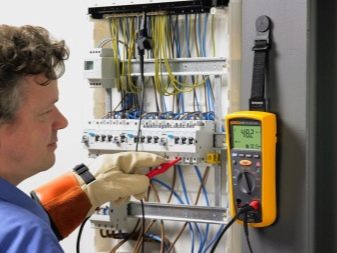
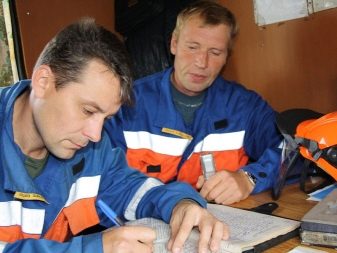
Knowledge and skills
Required knowledge and skills for a marine electrician will be:
information about the internal structure, the principles of operation of electrical equipment;
technical requirements for its operation;
the procedure for registering readings of measuring instruments;
rules for giving alarms and responding to them;
schemes for the use of personal and collective rescue equipment, fire extinguishing systems;
features of assistance to victims at sea;
internal regulations applicable to a particular ship;
understanding of the principles of the organization of internal ship communication, the procedure for the repair of these complexes;
a clear idea of the operation and functioning of automation, measuring and control, signaling means;
the ability to determine the need for various equipment and parts of the vessel (individual cabins, holds, compartments) for electricity;
the ability to select the correct power mode for each supplied facility.

Education
In our country, only a few specialized organizations are engaged in the training of marine electricians. They need to be searched mainly in cities where there are large seaports, or in settlements located on large rivers. Examples would be:
St. Petersburg College of Makarov University;
Navy Lomonosov College and Senyavin Marine Technical College (also in St. Petersburg);
College at the Moscow Academy of Water Transport;
river school of Nizhny Novgorod;
Omsk and Novosibirsk command river schools;
Institute of Water Transport in Krasnoyarsk;
shipbuilding college of Vladivostok;
Khabarovsk and Volgograd technical schools of water transport;
College of Water Transport in Tyumen.
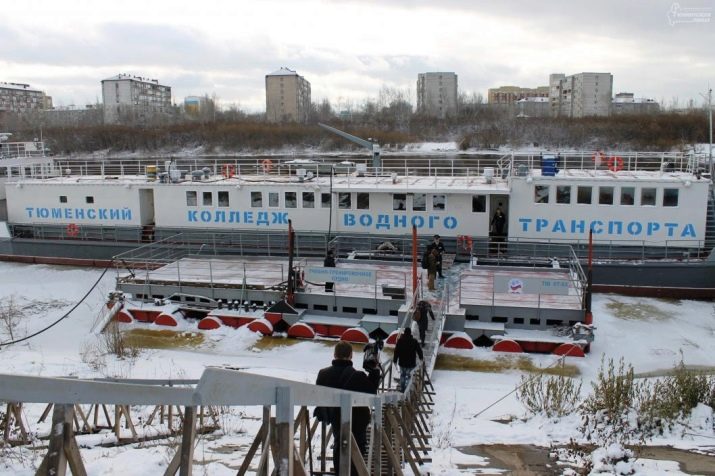
An alternative would be to master the general specialization of electrical engineering or electrical engineering. Then you will have to undergo retraining for ship specialization (but already for a brief program). Typically, training programs are called “the operation of marine power plants” (or similarly).
Persons with secondary vocational education can also be candidates for retraining. In addition to special training, you will have to get more:
admission to work with electrical equipment;
medical book;
document on the passage of the medical commission;
a document on knowledge of a foreign language (mainly at sea, although it will not be superfluous on rivers);
certificate OSPS-6/2;
survivability manual.
